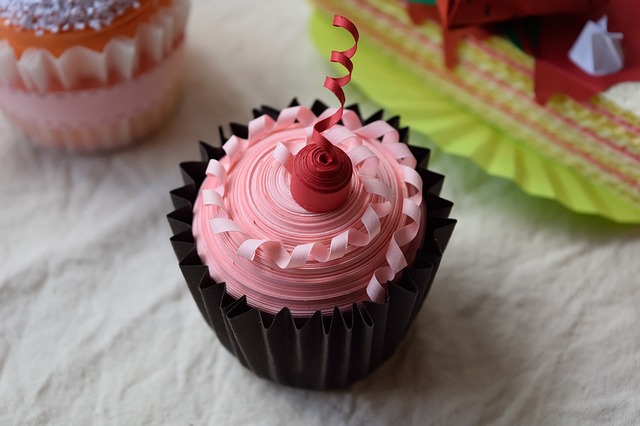Discipline is at the heart of excellence.
Whether it’s athletics, academics, business, medicine, law, etc. – world class performers across the board have the discipline to put in the work when times get tough. They focus on what matters most rather than what they want at any given moment.
As Lou Holtz puts it: “Without self-discipline, success is impossible. Period.”
But the typical definition of discipline is flawed.
We often think of discipline as the ability to continuously make the difficult decision to put in the work rather than goofing off with our friends. Or to sit in front of a piece of cake without having a bite.
We imagine Steph Curry making the decision every morning that he’s going to put his heart into his work. Or we think that writers have the discipline to choose to write every day.
But there’s more to it than that. The top performers know that even they can’t rely on willpower alone to do incredible things, so they use a subtle technique that sets them apart.
They make difficult decisions once. And only once.
Legendary marketer and writer Seth Godin decided years ago that he would blog every day, and that was it. Now when he gets up in the morning, he doesn’t have to think about whether he feels blogging. It’s already been decided. Seth writes every day. It’s what he does.
I implement this same principle in my life. Fitness is important to me, so I made the decision that I would stay in shape and maintain a reasonable level of performance.
That single decision has given me a great level of clarity in my life.
I never have to think about whether I want to go to the gym, or if I’ll be able to fit it in my schedule. Fitness is a part of who I am, so I make room for it. Sometimes that means going to the gym at 9 pm on weekdays when my schedule clears out. Lately, it’s meant getting to the gym before 5:30 am.
Regardless what I have going on, I do what it takes to stay in shape, and it really doesn’t require any willpower. Even though I no longer compete athletically, I still view myself as an athlete. Whenever my body begins to tell me something different (by the way I look, feel, perform, etc.) I know it’s time to do something about it.
At the core of these habits, and many more is this idea of making difficult decisions once, and then using that decision to guide your life.
An easy way to see the power of this idea is a quick example. Imagine that you’re trying to avoid junk food, but there’s a chocolate cupcake sitting on your kitchen table. If you want to avoid that cupcake, you have to convince yourself not to eat it every single time you walk through the kitchen.
The first time, it’s not a problem. And if you’re mentally tough, you’ll probably be fine the second, fifth, and maybe even the fiftieth time. But eventually, you’re going to cave. Maybe you have a hard day at work and you need something to relieve your stress. Or you put in a great workout and you come home starving.
If you have to continually decide whether you’re going to eat that cupcake, you’re relying far too much on willpower. You’re fighting the wrong battle.
If you truly want to avoid sweets, it all starts in the grocery store. If you make the right decision in that moment, the fight is over. There aren’t any more decisions to make. If the cupcake isn’t on the kitchen table, you never have to decide whether you’re going to eat the cupcake. You’ve won without even breaking a sweat.
This is an incredibly powerful idea, and it actually applies beautifully within junior high and high school sports.
The single greatest obstacle that keeps kids from reaching their potential is the risk of getting caught up with the wrong crowd.
Between teammates skipping practice, people downplaying the importance of good grades, friends drinking and getting into drugs, and more; there are more opportunities to slip up than you could imagine.
So how can student athletes avoid all these temptations?
They make the decision once. And only once.
When I was going through school, it was clear to me that I wanted to be the best student and the best athlete that I could be. So when something came up that might hinder my ability to do those to things, I passed. It was that easy.
Partying on the weekend? Pass. That would have kept me from getting the rest I needed to perform on the field.
Experimenting with drugs? Not interested. Again, I couldn’t afford to do anything that would keep me from being my best at practice and in school.
I never had to rely on willpower.
Just like the cupcake, students might be able to say no to harmful behavior a few times. But they’ll eventually wear down if they don’t have their priorities clearly defined.
Relying on willpower alone is a recipe for failure.
Look for opportunities to make difficult decisions once, and leave it at that.
-Brandon
